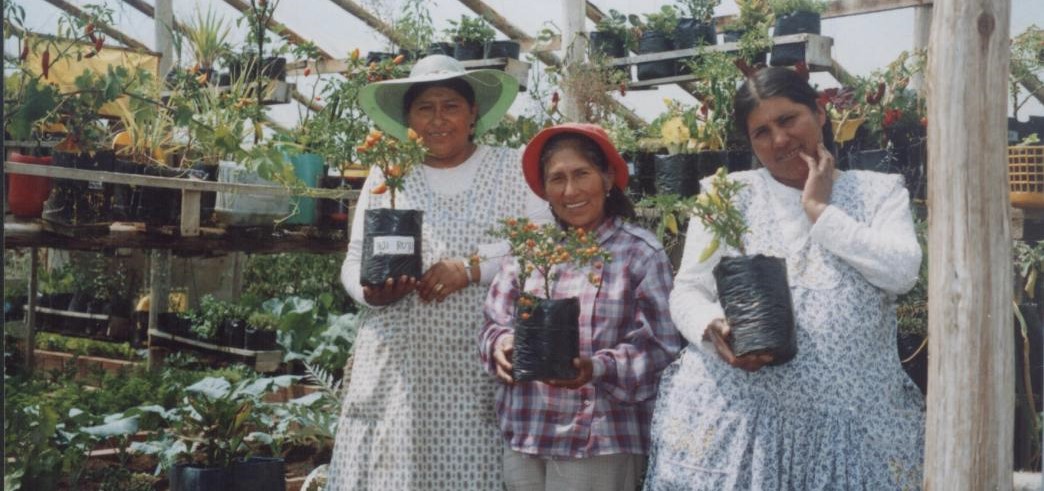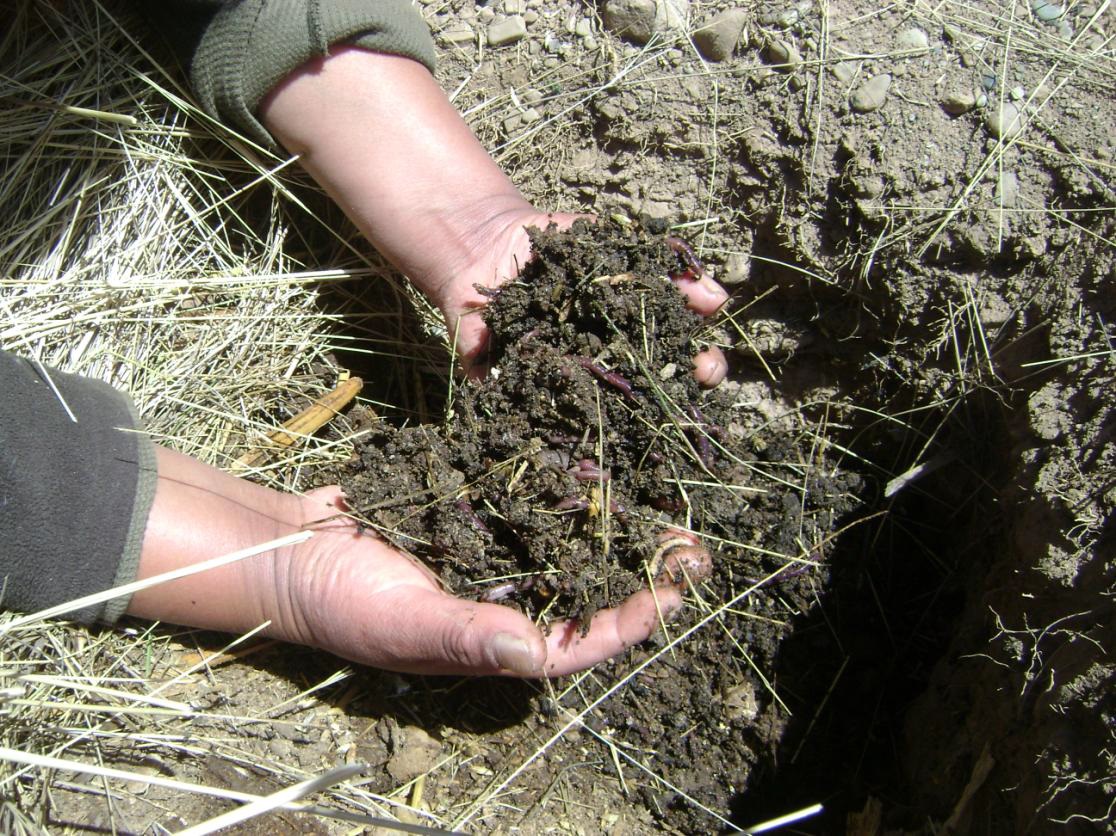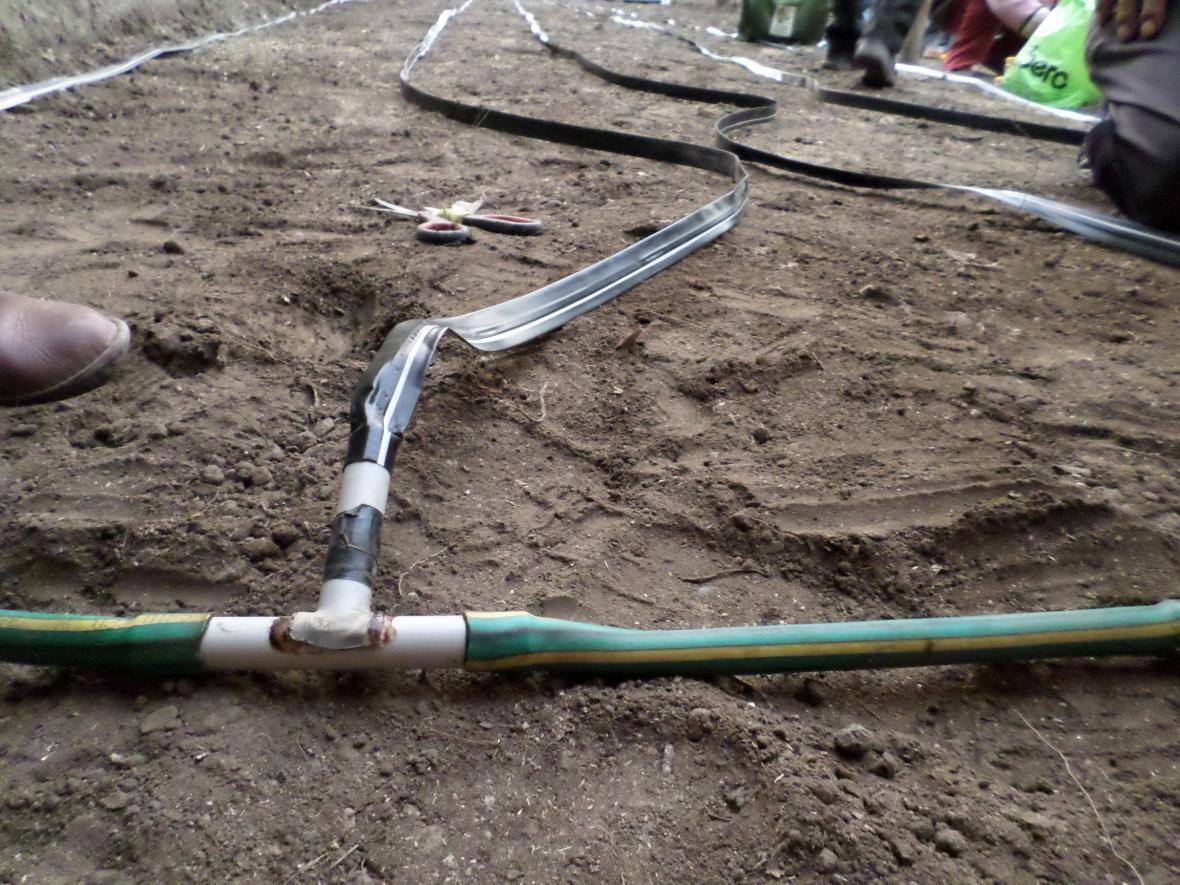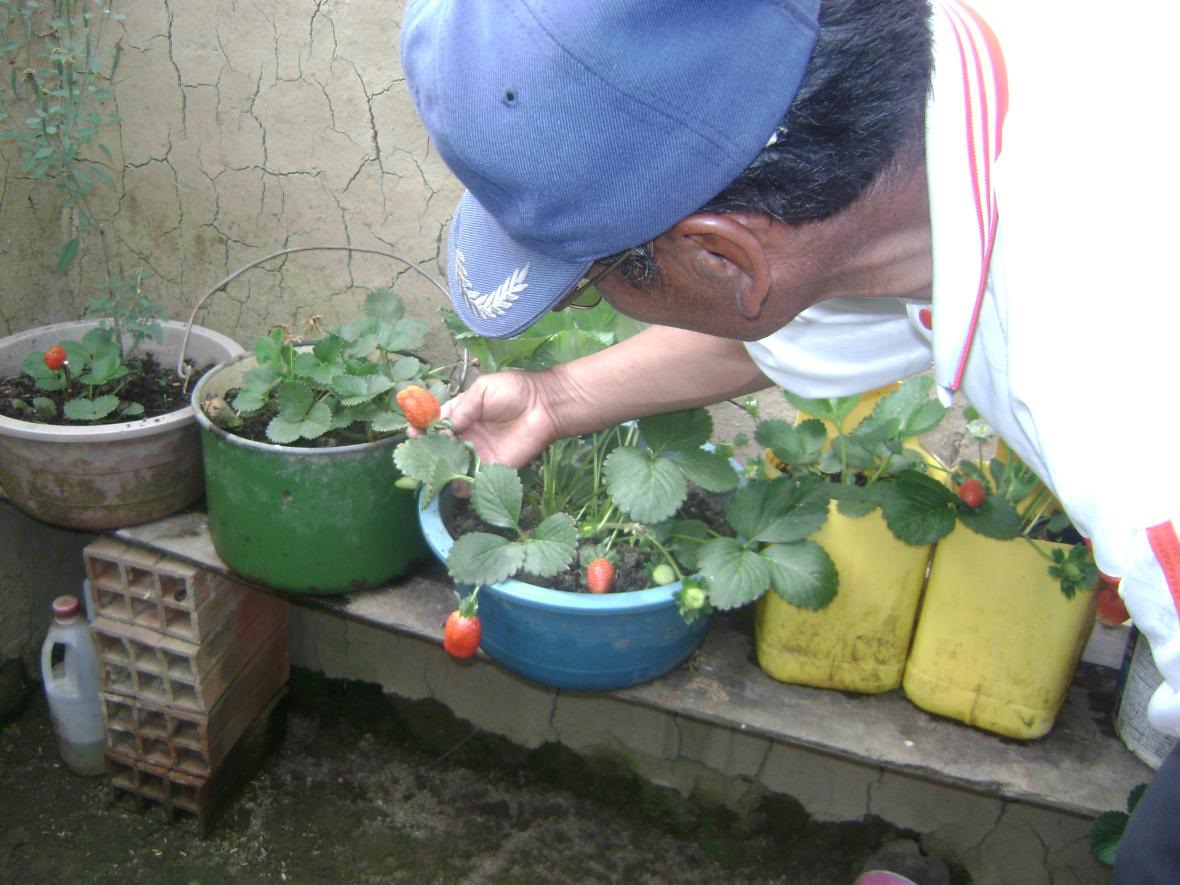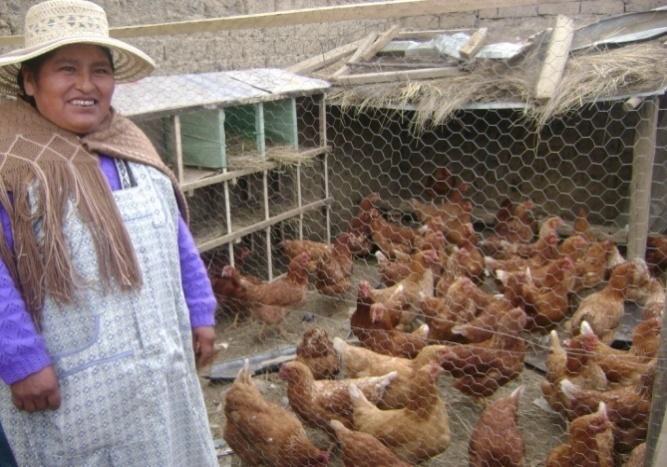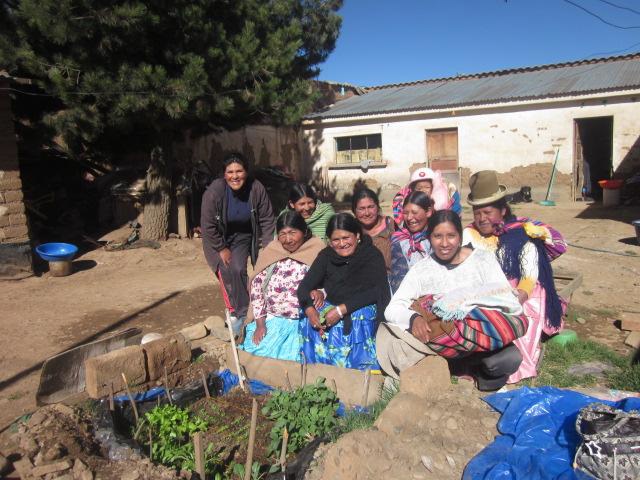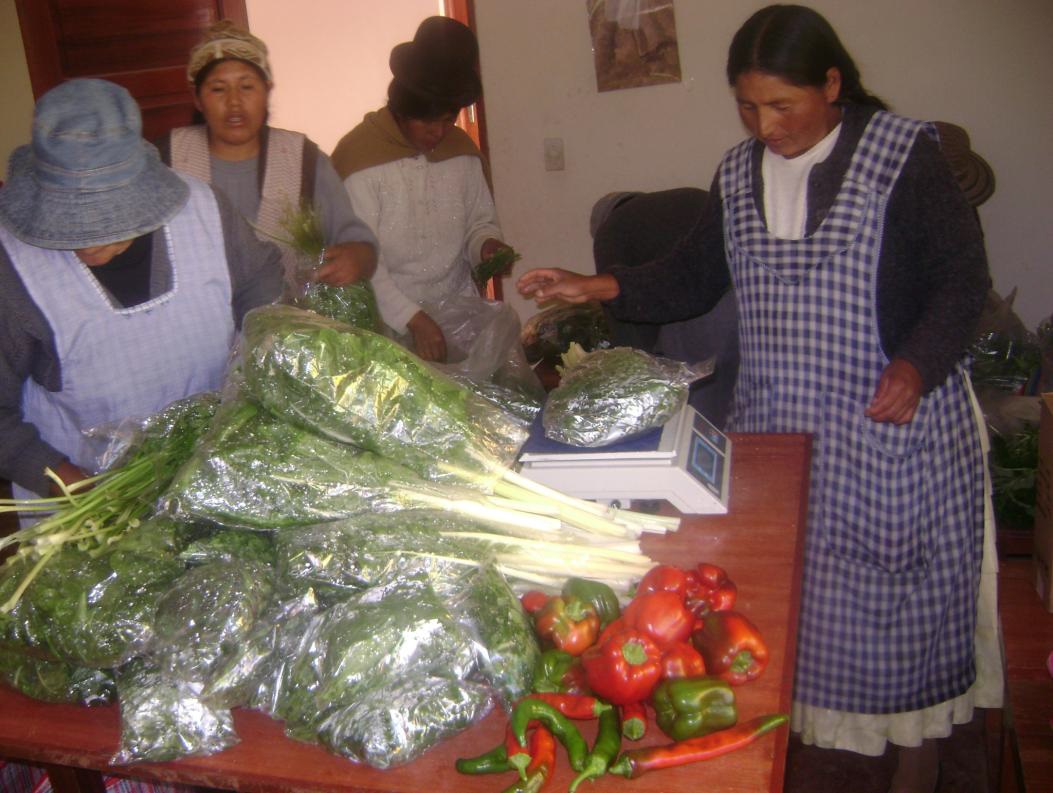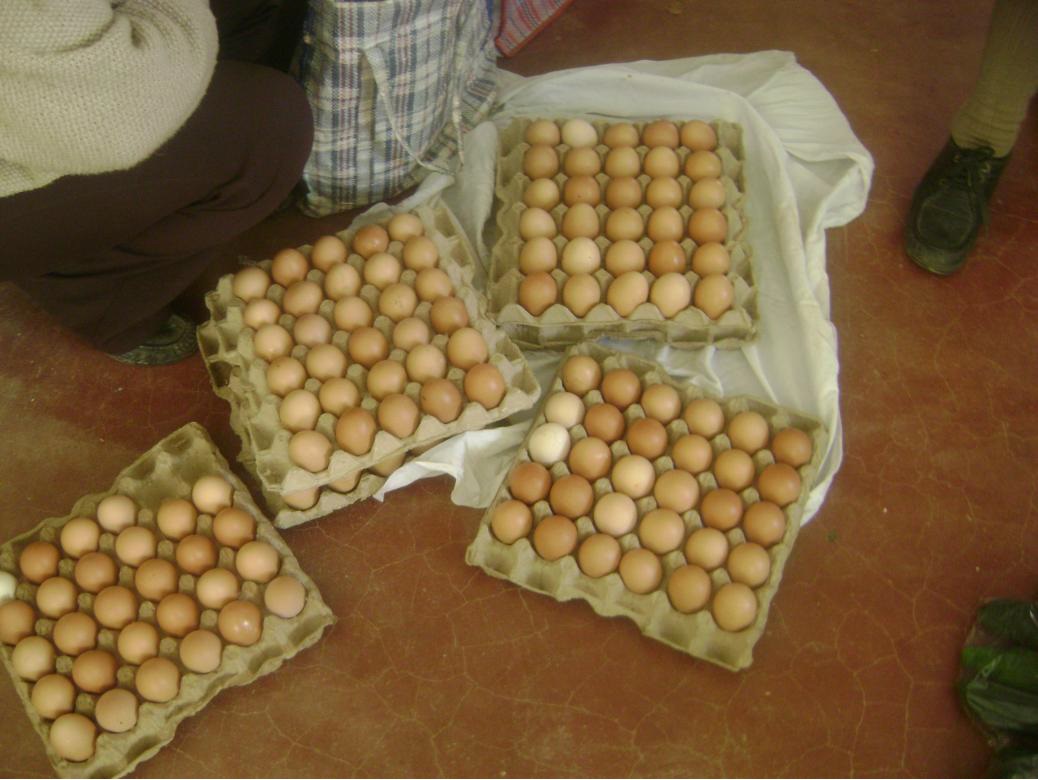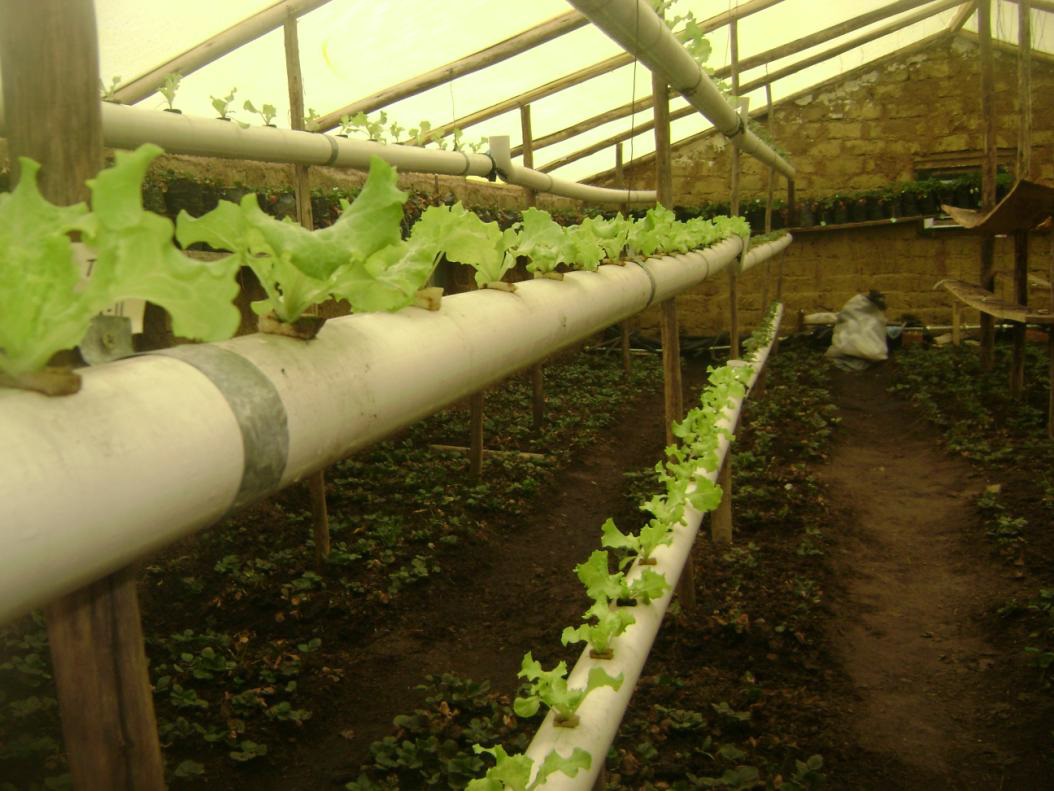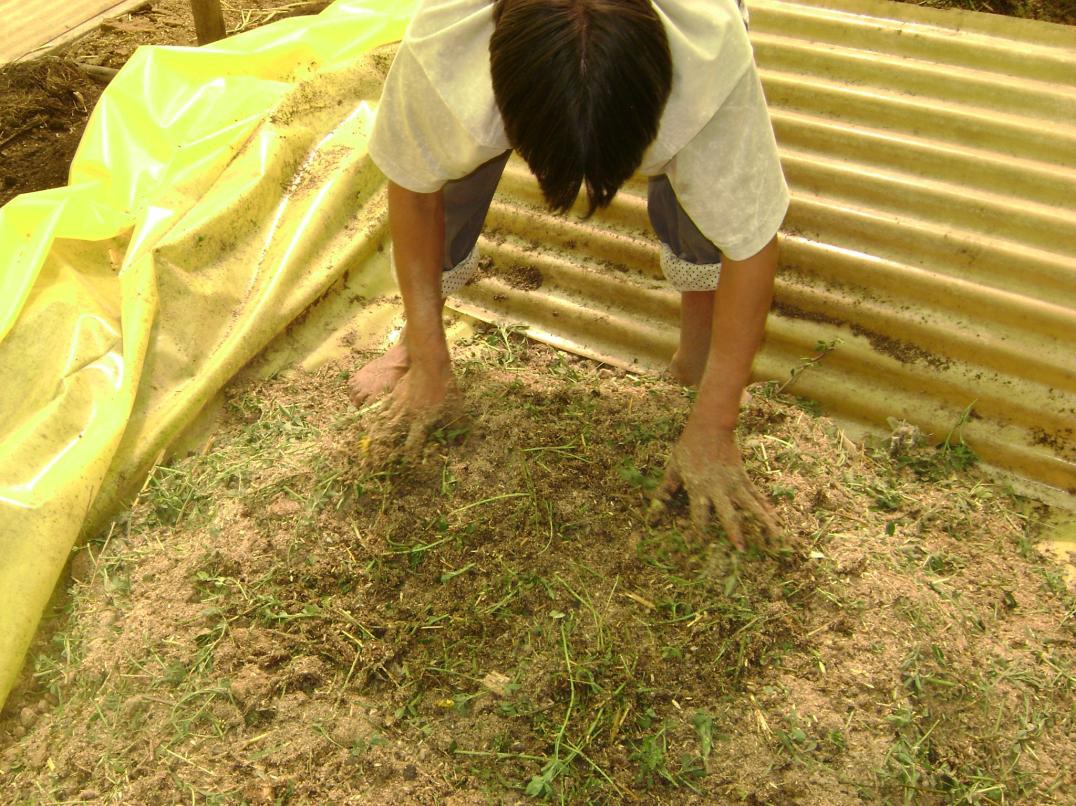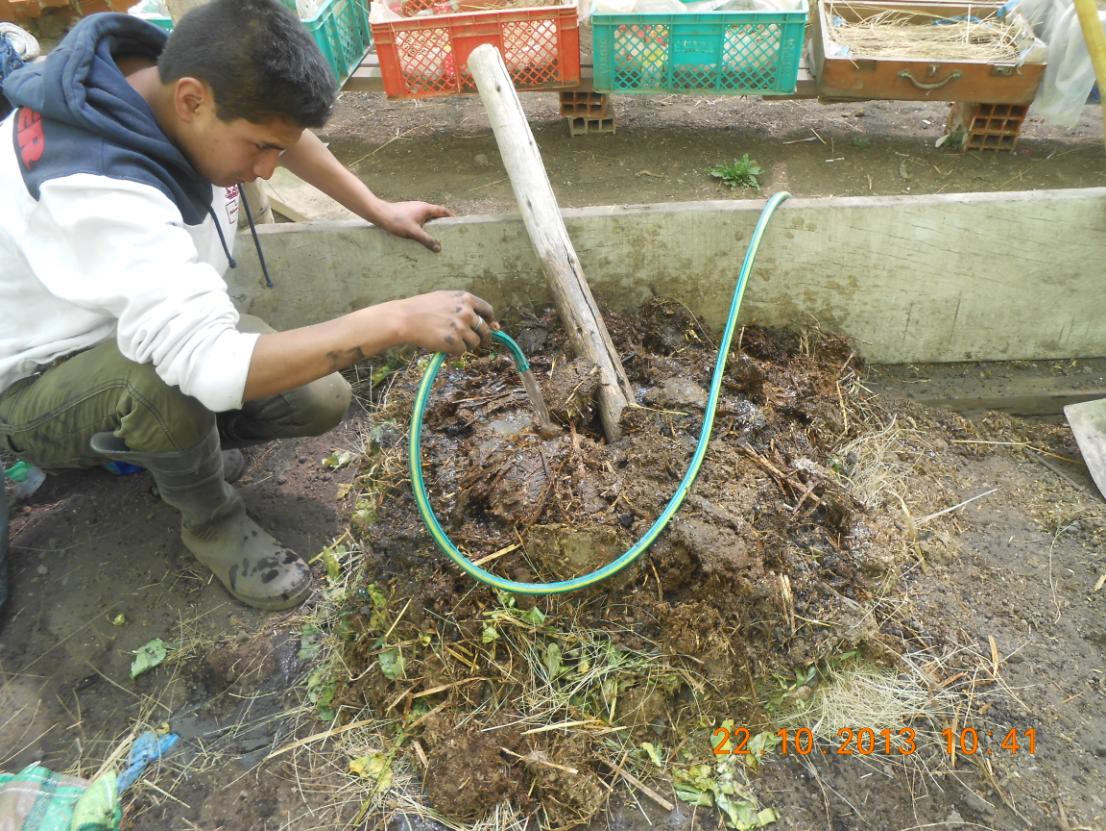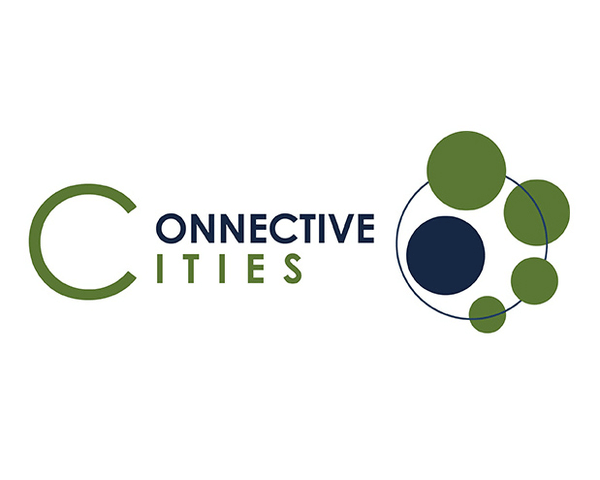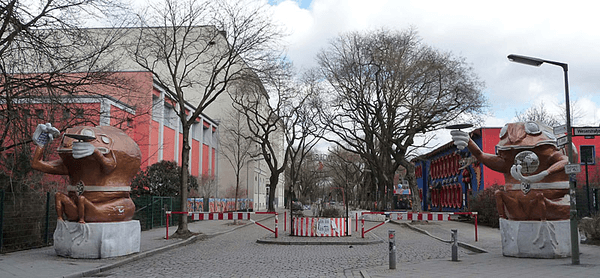City
El Alto
Main actors
NGO / Philanthropy, Community / Citizen Group
Project area
Whole City/Administrative Region
Duration
Ongoing since 2011
The project for self-sustaining agriculture focuses on local families and especially on the women who have organized themselves in almost 600 community organizations in order to take care of daily issues in residential areas.
Although the inhabitants of El Alto spend the main part of their income on food, they are not able to afford a healthy diet. Most houses in El Alto are supplied with a patio that is big enough for a small greenhouse and a barn for chickens or guinea pigs. This measure allows them to eat healthier, to improve their children’s school performance, to generate an additional income by vending some of the products and, altogether, to stabilize their social situation.
Originally published by the International Community of Practice for Sustainable Urban Development CONNECTIVE CITIES: https://www.connective-cities.net/en/good-practice-details/gutepraktik/strengthening-the-women-of-el-alto-bolivia-1/
External links / documents
On Map
The Map will be displayed after accepting cookie policy
